- News
- Subscribe

Get full access to World Fishing & Aquaculture content
Including the digital magazine, full news archive, special reports, webinars and articles on innovations and current trends in the commercial fishing and aquaculture industries.
- Expert analysis and comment
- Unlimited access to in-depth articles and premium content
- Full access to all our online archive
Alternatively REGISTER for website access and sign up for email alerts
- Industry Database
- Events
Icelandic Fisheries Exhibition
IceFish Conferences
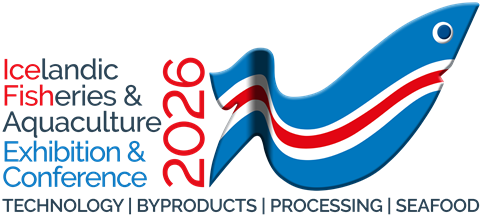
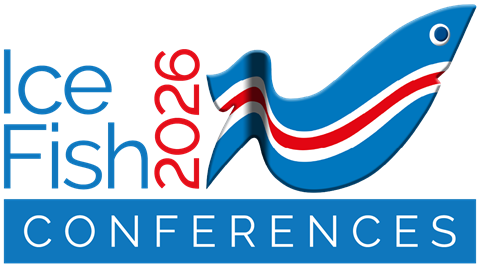
The largest commercial fishing exhibition in the North. Co-located with the Icelandic Fisheries Exhibition, the IceFish Conferences bring the seafood sector together for three days of insight, innovation and connection. Visit the IceFish Website Visit IceFish Conferences
- Special Reports
By-Product Solutions
Smart, Connected Seafood Processing
Land-Based Aquaculture Technology
Greener Fishing
January-February 2026 March-April 2025 July-August 2025 November-December 2025 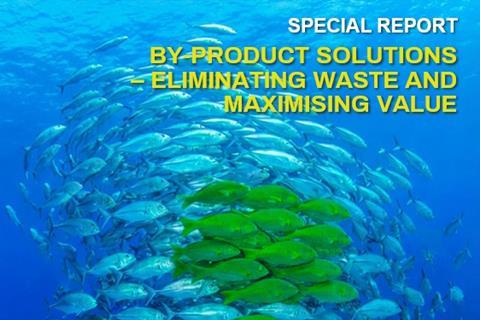
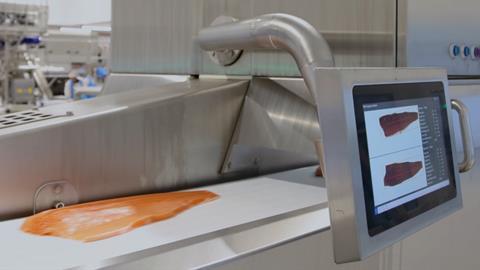
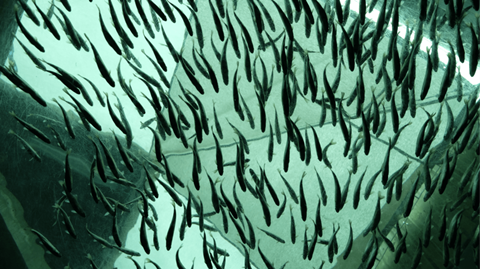
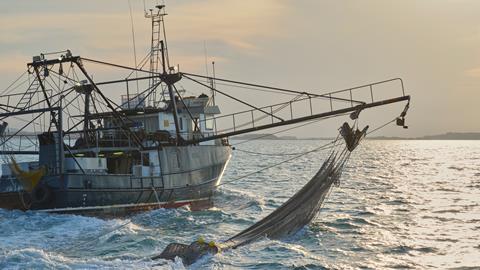
Cutting waste and maximising value Robotics, analytics software and other Industry 4.0 technologies are helping to scale-up productivity New production systems are escalating the industry’s contribution to global food security Fisheries are becoming increasingly responsible and sustainable thanks to new technologies and initiatives Read More Read More Read More Read More
Canada’s BC salmon farm ban could cost $9 billion

Proposal is a reckless decision by the Trudeau government that ignores both science and economic reality, says BCSFA
The Canadian government’s proposed ban on current marine net-pen salmon farming in British Columbia (BC) will have severe consequences for the country’s economy, indigenous communities and food security, according to a new economic impact report commissioned and published by the BC Salmon Farmers Association (BCSFA).
Continue this article…
Already subscribed? SIGN IN now

Register for a FREE one-month trial to continue this article
Want to read more before deciding on a subscription? It only takes a minute to sign up for a free account and you’ll get to enjoy:
- Weekly newsletters providing valuable news and information on the commercial fishing and aquaculture sector
- Full access to our news archive
- Live and archived webinars, podcasts and videos
- Articles on innovations and current trends in the commercial fishing industry
- Our extensive archive of data, research and intelligence
Get more free content sign up today
Ready to subscribe? Choose from one of our subscription packages for unlimited access!


